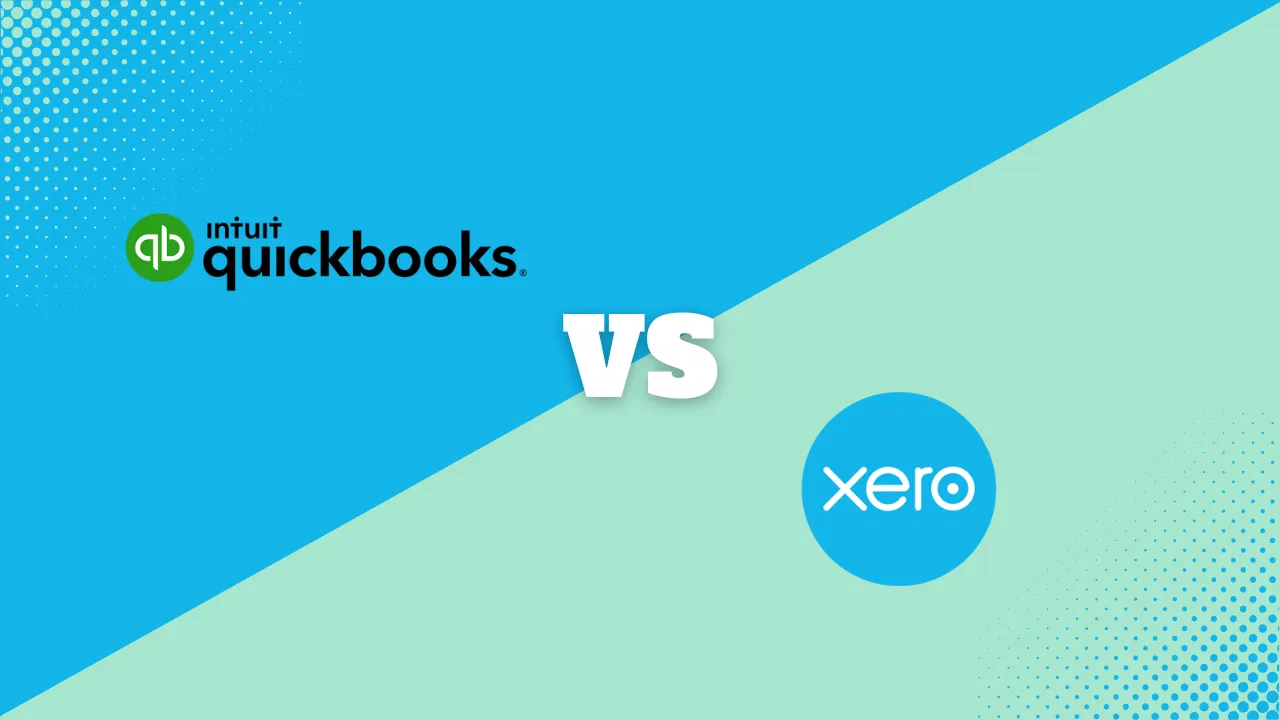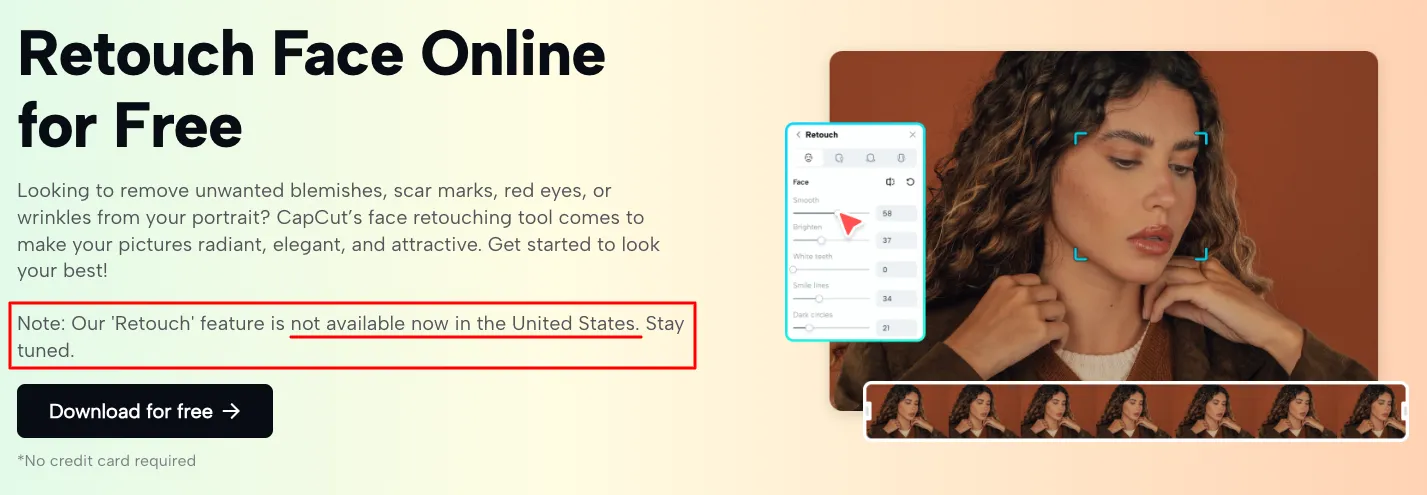CRM Pricing Models Explained: Find the Perfect Fit for Your Business Today

Choosing the right Customer Relationship Management (CRM) solutions and software is essential for businesses looking to streamline their operations and improve customer interactions. However, understanding CRM pricing and how it aligns with your business needs can be challenging. This guide will explore the various CRM pricing models, what influences CRM software cost, and how to determine the best CRM platform pricing for your organization.
What is CRM Pricing?
CRM pricing refers to the cost structure associated with using CRM software to manage customer relationships and business processes. The price depends on factors like the number of users, included features, and the deployment method (cloud-based or on-premises) across different CRM systems. Businesses must weigh the CRM system price against the value it provides, ensuring it fits within their budget and operational goals.
CRM Pricing Models Explained
Understanding CRM pricing models is key to selecting the right system for your business. Different CRM vendors offer various pricing models to cater to different business needs. Here are the most common models:
-
Subscription-Based Pricing: Most CRM platforms charge a monthly or annual fee per user. This model offers flexibility and scalability, making it popular among small and mid-sized businesses.
-
Tiered Pricing: Many vendors offer multiple plans, from basic to enterprise, with costs increasing as features expand.
-
Custom Pricing: Larger enterprises often negotiate tailored packages to meet specific needs.
-
Freemium Models: Basic versions are available for free, with premium features unlocked through paid plans.
Each model has pros and cons, so it’s important to align the pricing model with your business size and objectives.
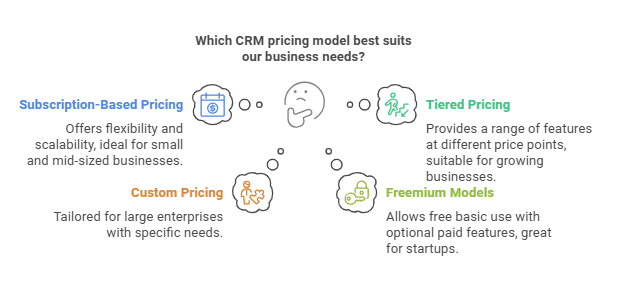
Factors That Affect CRM Software Cost
Several elements influence the overall CRM software cost:
-
Number of Users: The CRM cost per user is a primary driver. Adding more users increases the total price.
-
Features and Add-ons: Advanced tools such as workflow automation, analytics, and AI capabilities typically raise costs.
-
Deployment Type: Cloud-based solutions are generally subscription-based, while on-premises systems may require a higher upfront CRM system price for installation and maintenance.
-
Integrations and Customizations: Additional costs may arise when integrating the CRM platform with other software or tailoring it to unique business needs.
-
CRM Implementation: Costs related to onboarding, support, and potential need for outside consultants.
CRM Costs by Business Size
The cost of CRM software can vary significantly depending on the size of the business. Small businesses typically require a limited number of CRM features and a small number of users, while large businesses require more advanced features and a larger number of users. Here’s a general breakdown:
-
Small Businesses (1-10 users): $10-$50 per user per month
-
Medium-Sized Businesses (11-50 users): $20-$100 per user per month
-
Large Businesses (51-100 users): $50-$200 per user per month
-
Enterprise Businesses (101+ users): $100-$500 per user per month
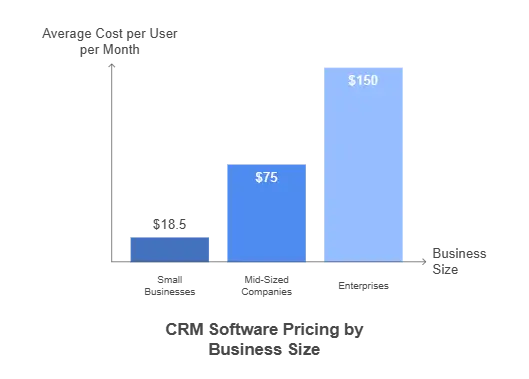
These estimates provide a general idea of CRM costs, but actual prices can vary based on specific business needs and the chosen CRM features. Medium-sized businesses, for instance, might find that investing in advanced features like sales automation and marketing automation is essential for their growth.
Related Articles
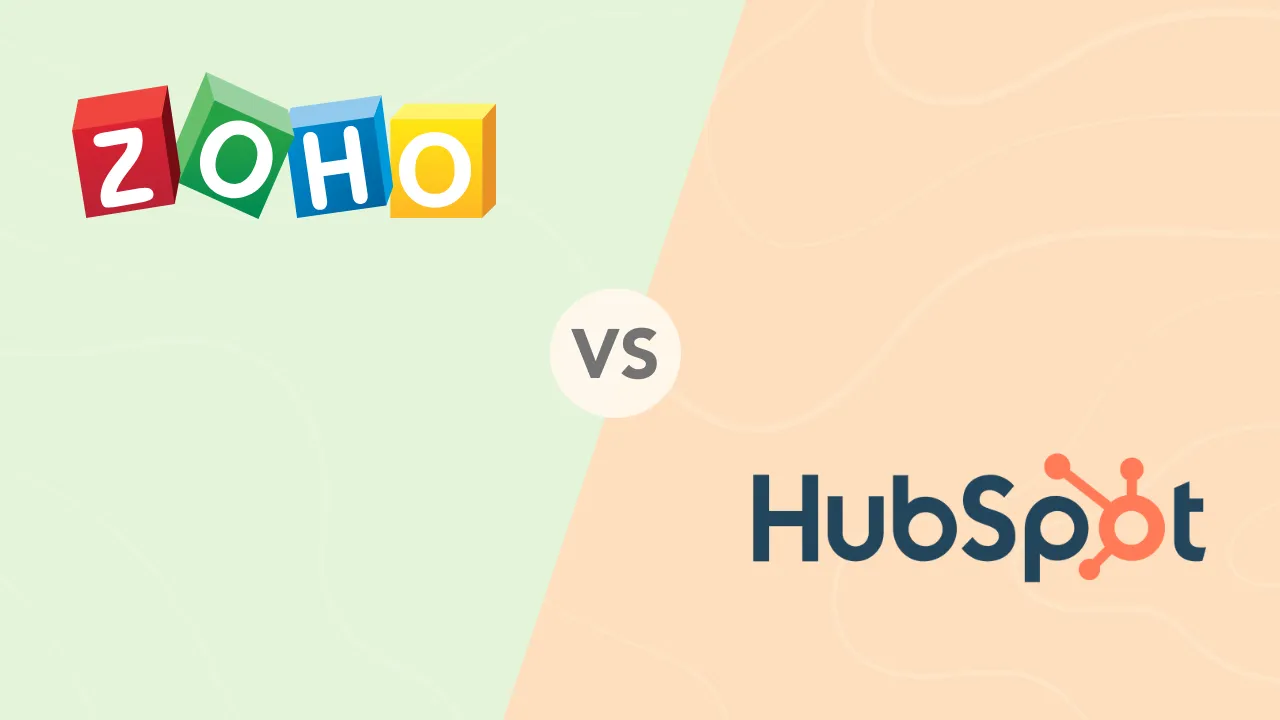

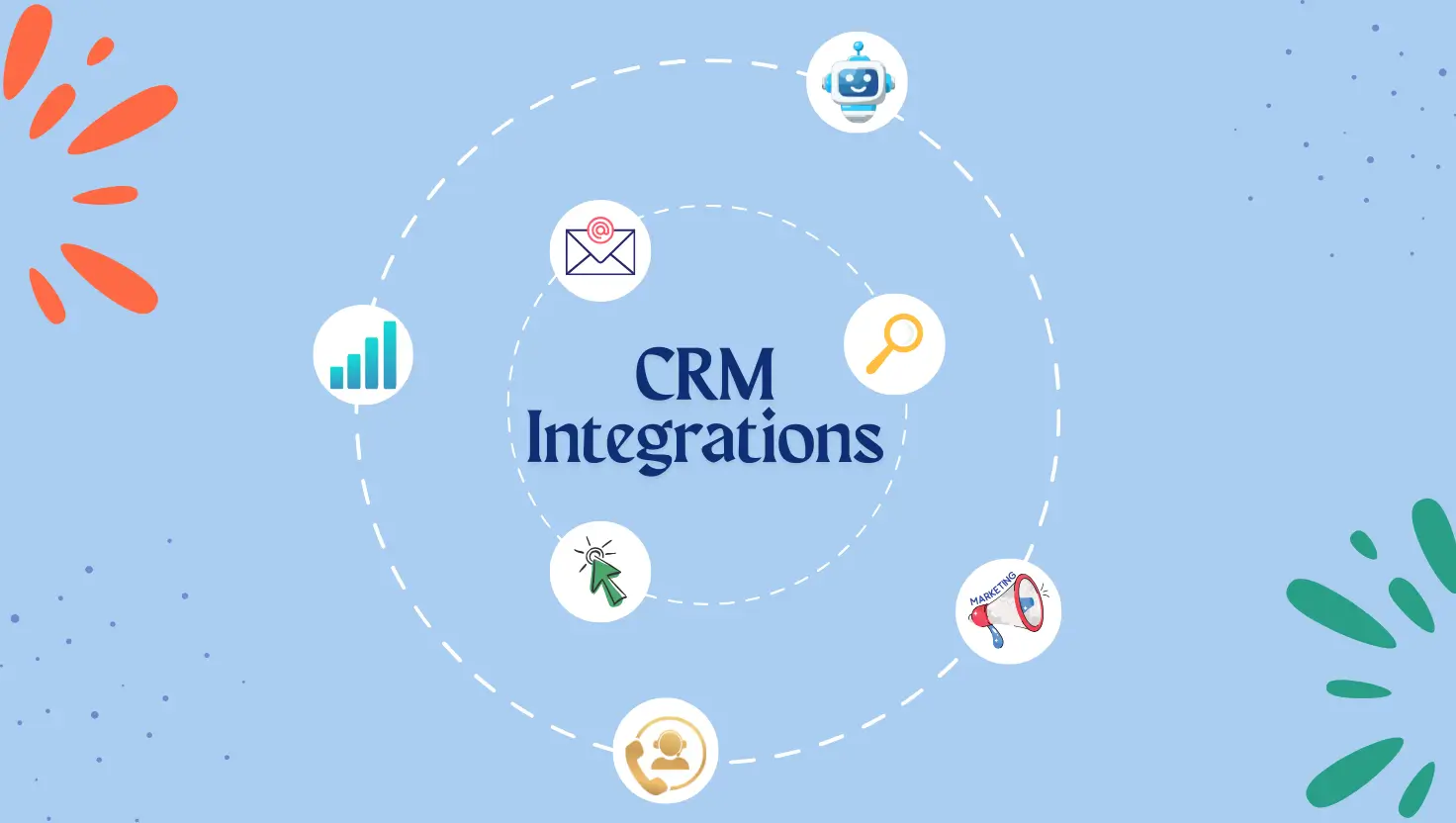
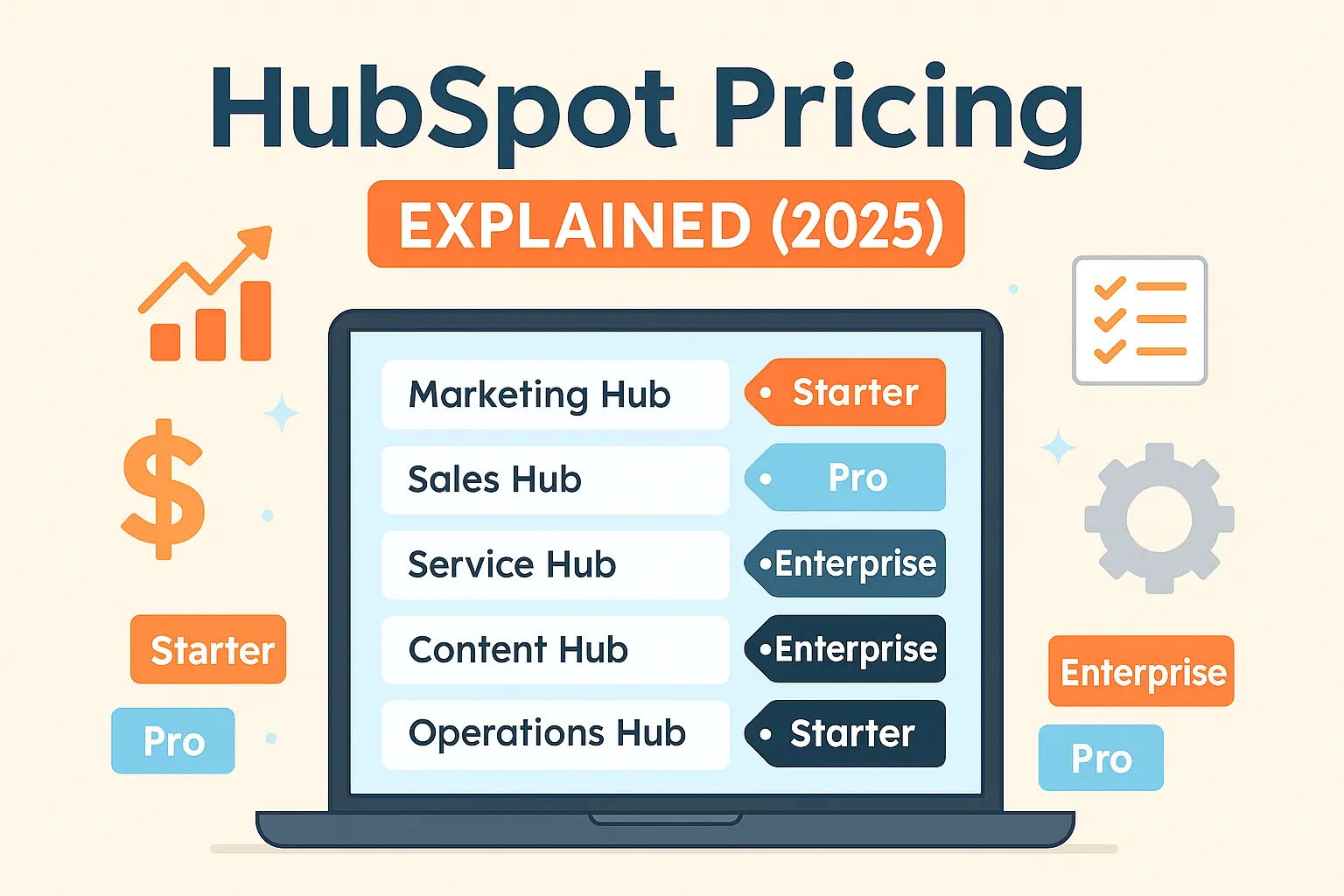


CRM Software Cost for Small Businesses
For small businesses, affordability and value are critical when choosing a CRM platform. The CRM software cost for small businesses typically falls into the lower pricing tiers, with plans designed to provide essential tools without overwhelming budgets.
Pricing Overview
- Free Plans: Many vendors, like HubSpot and Zoho, offer freemium options that include basic features such as contact management and email tracking. These are ideal for startups or businesses testing the waters with CRM software.
-
Paid Plans: Entry-level paid plans range from $12 to $25 per user per month. These plans often include core features like sales pipelines, task tracking, and customer support integrations.
Key Features to Expect
Small business plans typically focus on usability and essential functionality, including:
-
Contact and Lead Management: Organize and track customer interactions easily.
-
Sales Pipeline Tracking: Visualize and manage sales stages to improve deal closures.
-
Automation Tools: Automate repetitive tasks like follow-up emails and reminders.
-
Reporting and Analytics: Basic tools to monitor performance and customer engagement.
Hidden Costs to Consider
While upfront prices are often affordable, small businesses should consider additional expenses that may impact the total CRM system price:
-
Add-Ons: Some integrations or premium features (e.g., email marketing tools or advanced analytics) may incur extra fees.
-
Scalability: As the team grows, the CRM cost per user will increase. Ensure the platform allows for cost-effective scaling.
Best CRM Options for Small Businesses
Several CRM platforms are specifically tailored for small businesses, offering competitive pricing and intuitive interfaces:
 Unified platform for sales and marketing
Unified platform for sales and marketing  Track customer interactions in real time
Track customer interactions in real time  Increase sales with multichannel software
Increase sales with multichannel software  In-depth analytics to track success
In-depth analytics to track success  Mobile app means you never miss a sale
Mobile app means you never miss a sale  300+ integrations enhance functionality
300+ integrations enhance functionality Why CRM Software is Worth It for Small Businesses
Investing in a CRM helps small businesses:
-
Build stronger customer relationships.
-
Streamline sales and marketing processes.
-
Increase productivity and revenue over time.
With affordable CRM pricing models, small businesses can leverage these tools to grow without breaking the bank. By starting with a basic plan and scaling as needed, small businesses can ensure their CRM software cost remains manageable while delivering significant value.
Popular CRM Pricing Comparison
Here is a comparison of the pricing plans of some popular CRM software:
 Sync emails to track client interactions
Sync emails to track client interactions  Import leads with integrations
Import leads with integrations  Mobile app means you never miss a sale
Mobile app means you never miss a sale  300+ integrations enhance functionality
300+ integrations enhance functionality  Track contacts & manage sales pipeline
Track contacts & manage sales pipeline  Get a complete view of every customer
Get a complete view of every customer  Unified platform for sales and marketing
Unified platform for sales and marketing  Track customer interactions in real time
Track customer interactions in real time  Boost customer loyalty
Boost customer loyalty  Tailor your sales pipeline
Tailor your sales pipeline These prices are subject to change, so it’s always best to check the CRM software provider’s pricing page for the most up-to-date information. Comparing these options can help you find a CRM solution that fits your budget and meets your business needs.
Choosing the Right CRM Pricing Plan for Your Business
Selecting the best CRM platform pricing requires evaluating your specific business needs:
-
Assess Your Team Size: Calculate the CRM cost per user to determine scalability as your business grows.
-
Define Your Feature Requirements: Prioritize essential features like automation and analytics while avoiding unnecessary extras that may inflate the CRM software cost.
-
Evaluate Contact Management: Ensure the CRM offers robust contact management features to enhance customer relationships and automate workflows.
-
Consider Long-Term Needs: Choose a plan that allows flexibility as your business expands or changes.
For example, startups might find freemium or basic plans sufficient, while mid-sized businesses could benefit from tiered or subscription models offering more features.
CRM Free Trials and Demos
Most CRM software providers offer free trials or demos of their software, allowing businesses to test the CRM system before committing. Here are some examples:
-
Zoho CRM: 15-day free trial
-
Pipedrive: 14-day free trial
- mondayCRM: 14-day free trial
-
Freshsales: 21-day free trial
-
Zendesk: 14-day free trial
Taking advantage of these free trials is essential to ensuring the CRM software meets your business’s specific needs. They allow you to explore the CRM features, assess the user interface, and determine if the CRM solution aligns with your operational goals.
Hidden Costs to Watch Out For
While initial prices are often advertised, businesses should be aware of hidden costs:
-
Training and Onboarding: Employee training on new systems can add to the CRM system price.
-
Premium Support and Storage: Extra fees for advanced customer support or increased storage capacity.
-
Scaling Costs: Expanding user licenses or upgrading plans can significantly increase the CRM software cost over time.
-
CRM Implementations: Costs can vary significantly based on the complexity and scale of the implementation.
Anticipating these expenses ensures there are no surprises later.
CRM Pricing vs. Value: How to Evaluate ROI
Balancing CRM pricing with the value it delivers is crucial. To ensure a strong return on investment (ROI), consider:
-
Efficiency Gains: Does the software save time and improve team productivity?
-
Revenue Impact: Are customer insights and automation features driving higher sales?
-
Sales Forecasting: Evaluate if the CRM’s sales forecasting features help anticipate revenue and streamline operations.
-
Cost-Benefit Analysis: Compare the total price of the CRM system with the measurable benefits to determine whether it’s worth the expense.
For example, businesses that use automation and analytics often see significant improvements in lead conversion rates and customer satisfaction.
Final Thoughts
Understanding CRM pricing models and evaluating the cost of CRM software is essential for selecting the right solution for your business. Whether you’re a small startup looking for a basic plan or a large enterprise requiring a tailored system, knowing how much CRM software costs and what influences the CRM platform pricing helps you make an informed decision.
For businesses handling complex sales processes, investing in comprehensive CRM solutions is crucial for managing customer interactions effectively. Take the time to assess your needs, explore free trials, and calculate potential ROI to ensure your investment aligns with your business goals. By doing so, you’ll find a CRM system price that delivers both affordability and value.
FAQ
Q: What are the common pricing models for CRM software?
A: CRM software commonly uses subscription-based pricing with monthly or annual fees, tiered plans that range from basic to enterprise features, custom pricing tailored for large enterprises, and freemium models offering free basic versions with optional paid upgrades.
Q: What factors influence CRM costs?
A: CRM costs depend on the number of users, advanced features or add-ons, the type of deployment (cloud-based or on-premises), integrations or customizations, and implementation costs like training and onboarding.
Q: How much does CRM software cost for small businesses?
A: Small businesses can use free CRM plans with basic features or choose entry-level paid plans, which typically range from $12 to $25 per user per month and include additional functionalities.
Q: What are the benefits of a CRM system?
A: CRM systems improve customer relationships, boost efficiency through automation, enhance reporting and analytics for better decisions, and support scalability as the business grows.







